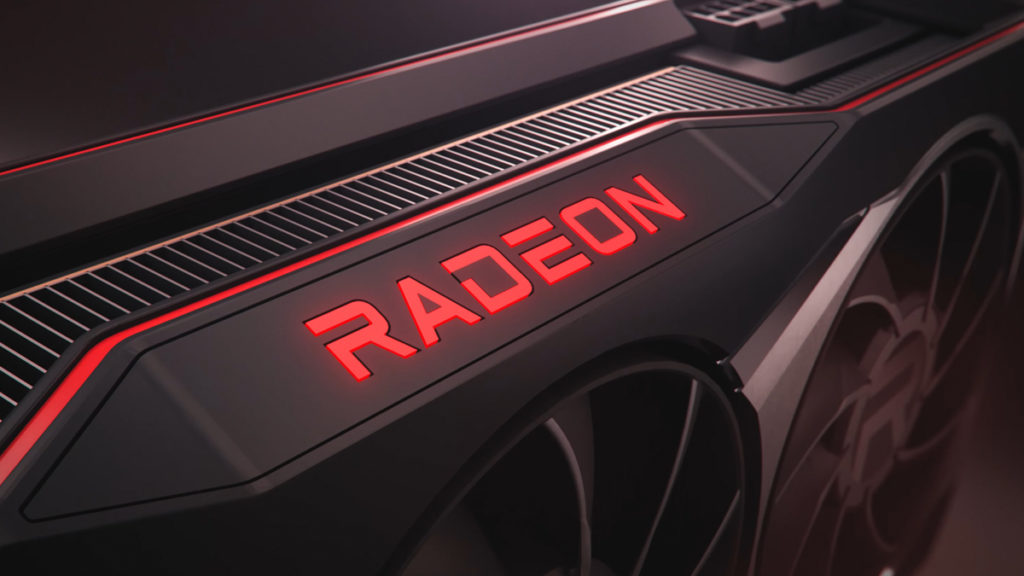Image: AMD
AMD’s RDNA 2 event won’t take place until the end of October, but CEO Dr. Lisa Su couldn’t keep herself from treating gamers to a sneak peek of Big Navi at the end of today’s Zen 3 announcement. In addition to new renders, Su held up an actual Radeon RX 6000 Series GPU to show how beautiful the reference design looks in person.
Su also teased that Big Navi would be perfectly capable of 4K/60 FPS gaming. She demonstrated this by playing back footage of Borderlands 3 running on a Ryzen 9 5900X and Radeon RX 6000 Series GPU, which looked pretty smooth.
That was followed by 4K benchmarks for Borderlands 3, Call of Duty: Modern Warfare, and Gears of War 5 running at their highest quality settings. The Radeon RX 6000 Series is able...
Continue reading...
